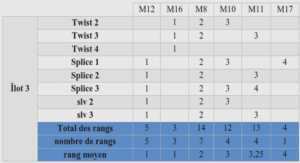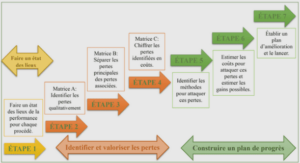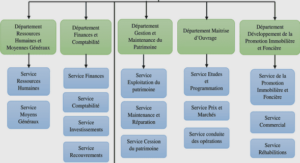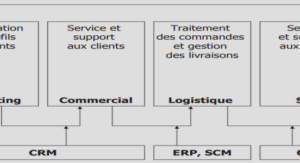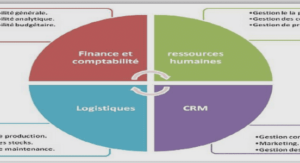The impact of Sovereign Wealth Funds on economic success
Sovereign Wealth Funds have risen in prominence during the financial crisis. They acted to recapitalise a number of the World’s largest banks including Morgan Stanley and Merrill Lynch. Sovereign Funds are also major holders of government debt and are now being actively courted by European governments to aid in solving the Eurozone debt crisis. This prominent role is not an accident. High commodity prices and global current account imbalances mean that Sovereign Funds are growing rapidly; and their ability to act as long term providers of capital has also made them attractive as investors. Despite this, Sovereign Funds have been the subject of relatively little academic research by economists. Research to date has focussed on governance, a debate which contributed to many Sovereign Wealth Funds signing up to the Santiago Principles code of conduct in 2008. The effects we consider are wide ranging. Sovereign Wealth Funds act as overseas investment and savings vehicles – which may affect exchange rates, inflation or economic growth. Funds also provide a system for allocating government funds and in doing so may increase transparency. A Sovereign Wealth Fund is also a store of wealth which may be drawn upon at times of crisis, and so may encourage investors to lend money to the government more cheaply than they would have done otherwise.
Setting up a Sovereign Wealth Fund may help to reduce inflation – the presence of a fund is linked to lower inflation, even when we account for a number of other factors likely to affect inflation, such as monetary policy stance, the state of the labour market and the current account balance. This result is stronger for commodity rich countries than for those with a non-commodity based trade surplus. Exchange rate appreciation may be lessened by a Sovereign Wealth Fund – in countries with floating exchange rates we found a relationship between the presence of a Sovereign Wealth Fund and a weaker exchange rate. The effect was equally strong for countries with and without commodity wealth. This may occur because monies can be held in foreign currencies (often in US dollars), so not bidding up the value of the local currency. Sovereign Wealth Funds may help improve transparency in an economy1– our analysis found levels of transparency to be correlated with measures of economic development such as GDP per capita and the depth of financial markets. Even when these factors are taken into account, however, we see lower levels of perceived corruption in countries where a Fund is present. The effect appears slightly stronger in countries with non-commodity based trade surpluses.
Global imbalances and high commodity prices mean Sovereign Wealth Funds are getting bigger; and more and more countries are joining the clamour to start their own Fund. But is this enthusiasm justified? It seems prudent for governments to put money aside for a rainy day. This can be used to pay for pension obligations, provide capital injections in the event of crisis or to ensure future generations benefit from the extraction of finite resources. But there is a cost to this saving – higher taxes and lower government spending today. The prospects for Sovereign Wealth Funds appear bright. Papua New Guinea, Nigeria, Bolivia and Angola have all either recently started Funds or stated their intention to do so. Australia and Brazil are debating whether to set up new Funds to add to those they already have. The pace of recent expansion means that 50% of global Sovereign Funds are less than seven years old3.Sovereign Wealth Funds are not new; Kuwait has been squirreling aside some of its oil revenues since 1953. But the recent rapid growth of Funds and their prominent role during the financial crisis have made them front page news. Definitions of what constitutes a Fund vary – but together they marshalled US$4.0 trillion in assets in March 2011, up from US$3.6 trillion in 20102. These assets have grown impressively over the last three years despite the worst global economic crisis since the 1930s. Sovereign Funds are traditionally associated with commodity wealth, but another species of Funds has recently moved into the limelight. Commodity based Funds, centred largely in the Middle East, are being challenged for ascendency by Funds which are financed from trade or fiscal surpluses.

